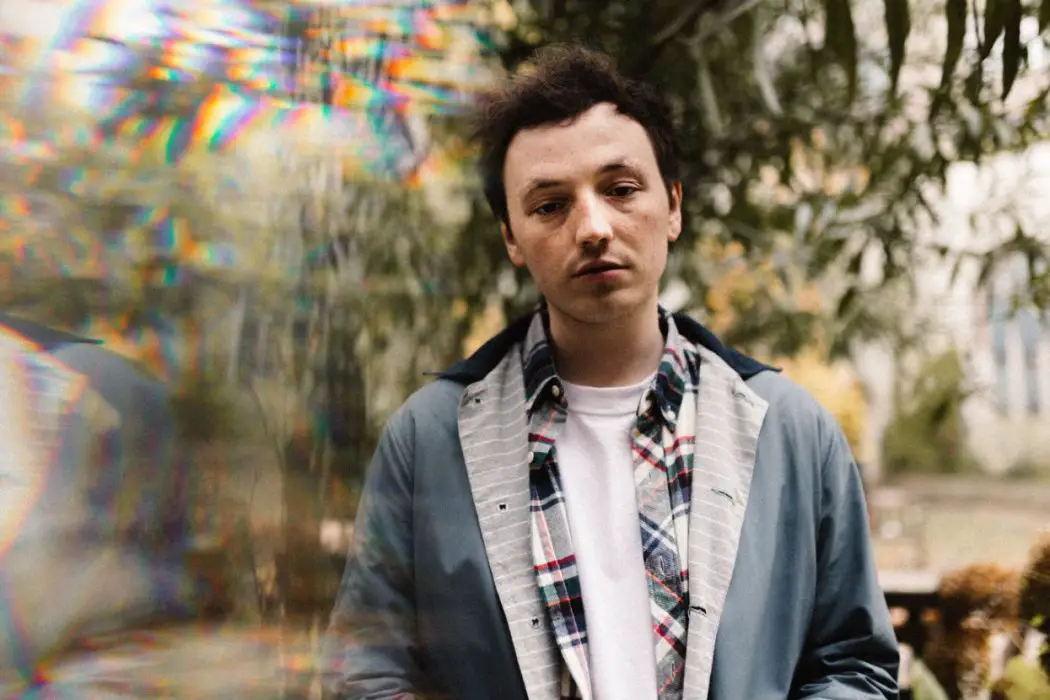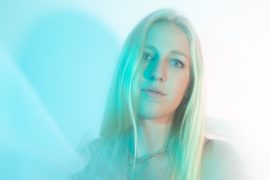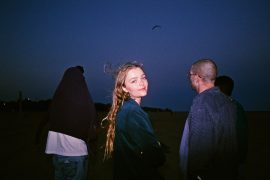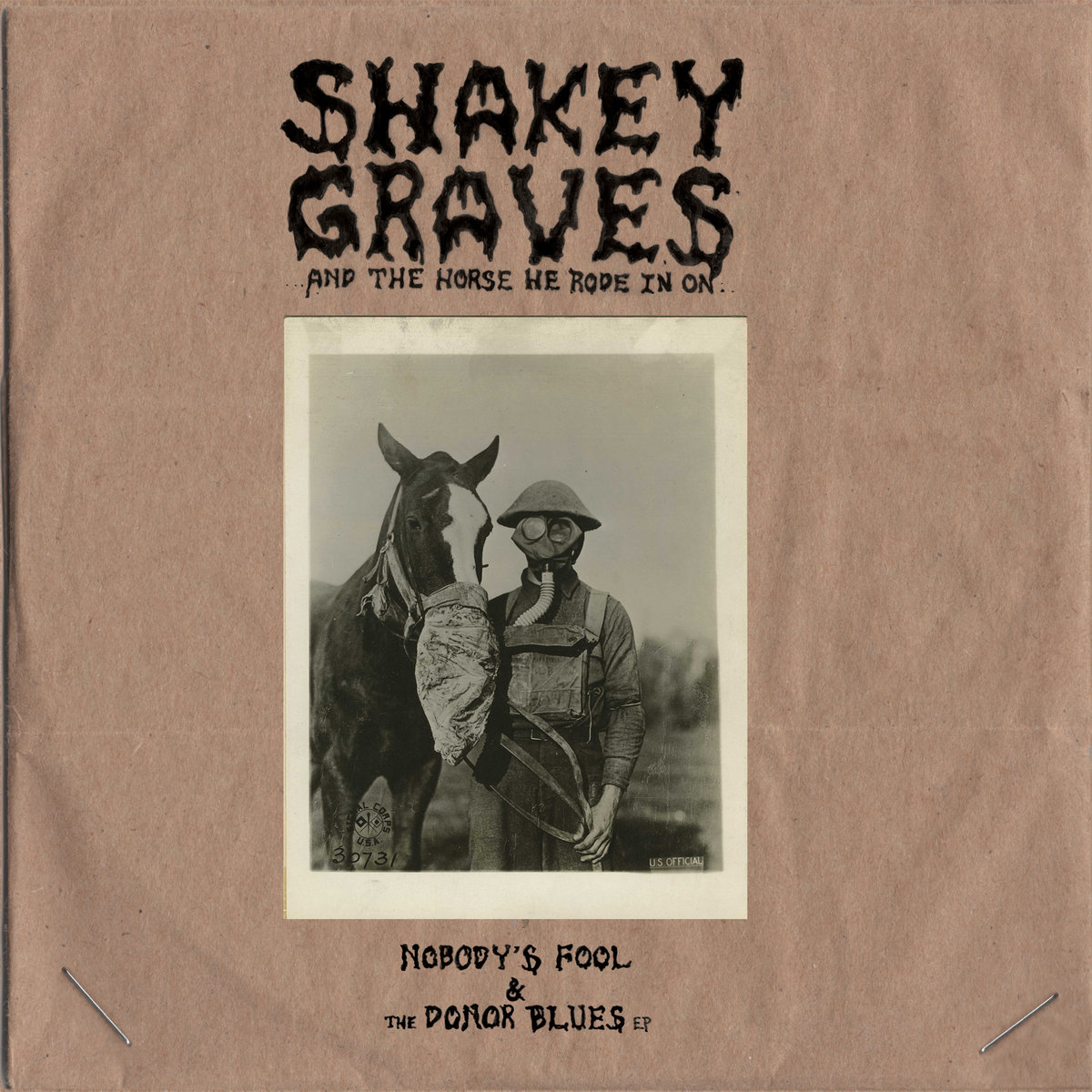Following the release of his third studio album, Lewis Watson unpacks the trials and tribulations of coming up as a “YouTube sensation,” writing happy songs with sad lyrics, and how to make a successful green screen music video.
— —
Amongst the most enthusing offerings an artist can give is experimentation – it’s the purest and most honest expression of a musician’s personal growth and faith that it will be received with open arms. On what he refers to as his “rebellious stage” record, English singer-songwriter Lewis Watson introduces elements of cross-genre influence, hastened tempos, and even picked up instruments he admittedly had an amateur grasp on. In doing so he’s presented us with a record that contradicts the notion that music that is increasingly radio-consumable has to in any way be overly polished or sterile. This latest LP is an effective showcase of the lengths Lewis can push instrumentation beyond the singer-songwriter acoustic guitar archetype while maintaining the raw veracity he’s founded his sound on.
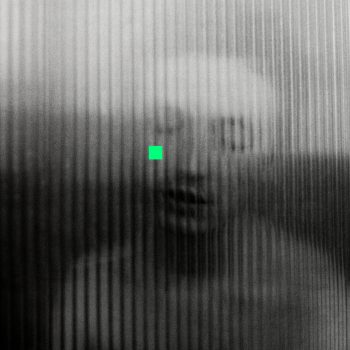
the love that you want was released via Cooking Vinyl on May 29th, three years following his sophomore record, Midnight, and elaborates on his folk/acoustic emblem with experimental elements of pop, alternative rock, and even Britpop. Waiting out the quarantine from the seclusion of his flat in London, Watson took a break from his daily Twitch streams to discuss his most recent record with Atwood Magazine!
— —
Listen: ‘the love that you want’ – Lewis Watson
A CONVERSATION WITH LEWIS WATSON

Atwood Magazine: You were able to jumpstart your career and build a fanbase on YouTube – how have those beginnings affected you as an artist and do you think it’s even possible today for artists to come up through YouTube covers the same way you did?
Lewis Watson: I was so lucky to be at the start of YouTube because nobody really knew what it was for. Then my parents bought me an acoustic guitar for my 16th birthday and I was uploading videos to YouTube to basically teach myself guitar. I would take a video of me playing a song uploaded to YouTube and then I could then watch that video back and see if I had improved at any point. When people started watching my videos, I almost like deleted the whole thing just because that terrified me. I didn’t want anybody else to find them really.
I’m sure it does still happen, but I think I just got really lucky with timing – not many people were uploading covers at the time, I guess. in the early days, it was very frustrating for me because every time my name was mentioned in an interview or on TV or in a review, it was always “YouTube sensation”. Rather than a musician, I was a guy that uploaded videos – that was how I was described! But I’m not that mad about it now.
Did you learn songwriting prior to YouTube, or was that something you learned as you learned guitar?
Lewis Watson: I’ve always been a big fan of poetry – that was something that I always really loved as a kid, you know, as young as seven or eight. I loved the idea that you could tell a story, and there could be a rhythm to the words and the words could rhyme. So for me songwriting was just writing poetry with music underneath, and that was something I was excited to do. My main method was learning the chords to a song I liked and learning those transitions, then writing songs over those chords. That was something that really helped instill the chords in my muscle memory – it gave me the inspiration to really get the chords down and to learn new ones.
Watch: “because of you” – Lewis Watson
I know you and Richard played all of the instruments on the album with the exception of the strings, but when it comes to songwriting, is there a particular instrument you prefer to write on?
Lewis Watson: Almost every song I’ve written has started on the guitar. Even if halfway through the writing process I think it would sound better on piano or whatever it may be, the origin tends to always be guitar because that’s what I feel I’m best at. I’ve so much left to learn on the guitar, which is so exciting for me, you know? I’ve barely scraped the surface and that just means that hopefully by my sixth, seventh, or even eighth album, I’ll still be learning things. Apart from two songs on the album where the drummer in my band plays drums, I play them on every other song.
There’s a really cool kind of, I guess, ignorance, naivety to playing those instruments just because they’re not all technically sound, but it’s exactly how I wanted it to sound. It would be very difficult to go to a drummer or pianist and say, “Hey, can you play this bit?” when it’s not something one would technically go for.
I’ve always thought about that – particularly in the situation of hiring studio musicians or someone you haven’t worked with before, it’s so hard to get a perfect recreation of your vision for an instrumental track when no one can read your mind.
Lewis Watson: When making my first record I encountered that problem a lot. I wish I had the confidence to say “I’ll just play it,” but with Rich, I was able to do that. We had painfully long days, but at the end of that day I always thought, okay, good. Interestingly, during one of our late-night recording sessions, Rich mentioned his brother who works for a 슬롯 사이트. The dedication and meticulous attention to detail required in his brother’s job reminded me of the perseverance we needed in the studio. It may have taken four times the amount of time it would have taken with a proper musician, but it sounds how I wanted it to sound.
Speaking of Rich, what was it like getting to work with him as your producer and engineer?
Lewis Watson: I’ve known Rich since I signed to Warner Brothers in 2012 and from that point, we’ve worked together on every project that I’ve done and we got on straight away. It’s not that it doesn’t happen very often, but when it does happen that’s something I’m very grateful for. I’ve felt that with some other producers, it was more like, “You’ll sing and play guitar but at the end of the day the overall sound is how I want it to sound,” and with Rich, I never had that.
It was important to me that when I asked him to do this album and it would be a collaborative experience and he absolutely got that. I’d consider him a very close friend and so it was a wonderful thing working with him professionally, but also to be in a room with my mate for 14 hours a day. He’s incredibly talented and has one of the most sensitive ears that I’ve ever experienced. He’s very good at hearing the kind of technically sonically incorrect things and that was great because I’m terrible at that. I’m just like, “That sounds bad – how do we fix that?” And he’ll know exactly what to do.

You mentioned you met him when you signed to Warner, but I know you’ve since moved to an indie label for your sophomore album, which was met with success. I’m curious about your perspective because I know every artist probably has his or her own preference, but why was moving to an indie label the right choice for you?
Lewis Watson: I think I definitely benefited a lot by having Warner Brothers – the major labels I think are very good at developing artists. At the time I just independently released my first EP, I was straight out of college, studying technology and I was 19 years old. What you do kind of lose in exchange for that development is the creative freedom. You’re put in a box because, you know, people who listen to you or who you sound like. I think one of my main struggles was I just said yes to everything, and, eventually, they just stopped asking me.
Then I’d have a version of a song that I wrote that sounds nothing like the song, we spent a bunch of money on it, and I don’t like it – but they want to release it. With an indie label, you don’t have a real massive injection of cash, but you have a great team that loves music, and they make your bad ideas good and your good ideas better and you’re all just trying to make a successful record. Not even a successful record – that’s the ultimate goal, but mostly just to make good, honest music. I think both kinds of labels have their benefit, but I like to think I benefited from both and I wouldn’t really change it.
You’ve made a name for yourself in the past for making sad songs, and your first EP was even titled It’s Got Four Sad Songs On It BTW, but there’s a few tracks on the love that you want that go in a more pop direction. I am no songwriter, but I might guess that it’s easier to write about topics that draw from strong emotions. Was it a challenge to take your lyrics in this new direction?
Lewis Watson: It was really fun – like it was different in the production phase because a lot of the demos were just me and a guitar and they were sad songs, really. I think the best formula for radio or winning over a new listener or whatever it may be is to have a happy-sounding sad song. A lot of time people don’t want to invest in a new artist if they really have to concentrate – if they have to wallow. I really struggled writing happy songs, but the reason I love songwriting so much is that I’m a fairly happy guy but I struggle to talk about things that get me down.
When I sit down to write a song it’s just so therapeutic. This record was my rebellious stage really – I just wanted to pick up an electric guitar and make noise. I was willing to kind of…I feel bad saying “play the game” because I don’t think that’s a correct way to make an album but I was willing to make a more conscious effort to sound more familiar and bring people in.
I wouldn’t even say it’s playing the game as much as it’s important to explore all avenues of places you can take your music and how that affects your fanbase. I’d say that it’s hard to progress as an artist without that.
Lewis Watson: For sure. And that’s something that a lot of my favorite bands have – each record has its own identity. I can listen to the first two seconds of a Bombay Bicycle Club song and know exactly which album it came from because each one is so unique in sound and visuals and aesthetic. The first record for me was very autumnal and yellow and the second record was very blue and contrasted the first record. I wanted it to be different visually as well as sonically.

Are there any tracks on this album you were particularly excited to get out into the world, or alternatively any tracks that got a response you weren’t expecting?
Lewis Watson: I was really excited to get “because of you” out because it’s my version of a Britpop song. I was a massive fan of Jimmy Eat World and the idea of four musicians in a room just playing into their instruments. I think you can go too far into making a song sound perfect, it becomes very sterile and robotic. I think that with those early 90’s bands, that was never the case. It sounds like a performance, you know? I’m a bit of a perfectionist when it comes to songwriting but this one happened so naturally and I think we nailed it.
A response that I wasn’t really expecting was the reaction I got to “roses”. I sent the album to my dad as soon as I got it and straight away he said that was his favorite. It was kind of a song I wrote to a younger version of myself and I never expected it to connect the way it has, and now that the record is out, everybody’s saying just how much they like that song.
If I’m remembering correctly, wasn’t there a song on this album that was written for One Direction?
Lewis Watson: Originally, yeah. I was in a writing session in early 2013 with a guy called Ian Archer and as soon as we started writing “spark” and hit the chorus I just said to him, “This is perfect for One Direction”. I think Story of My Life or something had just come out and it was just so perfect for that era of literation. Obviously, it didn’t happen but I was listening to my writing demos and found it and suddenly had that moment where I just detached myself from the idea of it being somebody else’s song and I was excited to make it mine.
I feel like right now it’s more important than ever for artists to stay connected with their fans, especially if you have new music to promote, and you seem to be doing an especially fantastic job of it with daily Twitch streams. Could you walk me through what Work From Home FM is for and how you turned that into your DIY Instagram Live festivals?
Lewis Watson: When all this (quarantine) started, I very quickly realized how foreign it was for my girlfriend – she was in an office every day of the week. It didn’t hit me quite as hard because the self-isolation spiel is what being a musician is – if you’re in the studio, you’re in a room without a window for 16 hours. But a lot of people are going to feel very useless or uncomfortable with all of this. Then I thought well hang on, how can I remedy this? How can I be present? And I’ve always wanted to do a radio show – I wanted a way to just play my favorite songs at the moment and keep people company and I’ve always been a user on Twitch. So I just set it up and I’ve done it every day now for three months! When all the festivals and gigs started getting cancelled, I pulled in loads of favors from my mates and would just say, “Hey, are you willing to do a 20 minute set on Instagram?”
Watch: “castles of sand” – Lewis Watson
Speaking of cancelled gigs, just so we can have some optimism for the return of live music, can you tell us a bit about what we can expect for your upcoming tour and what are you most excited about?
Lewis Watson: I think this album is quite technically involved sonically compared to my earlier stuff and I’m really excited to take that into the live music arena because we’re a five-piece on stage and have no excuse to use track and aren’t limited by the sounds we can make. It’s something we’ve dabbled with in the past but never really had the excuse to go full music geek so I’m really excited to bring these sounds and textures that we worked so hard on in the studio to the stage.
I love the music video for “castles of sand,” can you walk us through the process of how that came about?
Lewis Watson: It was really heartbreaking, to be honest. That was kind of our lead single for the album going into it so we were prepared to throw a bit more money at the production in terms of a music video. We kind of always went on the lighter side in terms of budget and ideas but with this one, we were really ready to pull the trigger on this particular pitch and then quarantine hit before we could start shooting. I thought, you know, it’s kind of unrealistic to think that we could do a big set up so I’ll just buy a green screen and make a really stupid video and hope people don’t hate it. I think we used the second or third take I did. It was something I wanted to be kind of tongue in cheek and, I don’t know, hopefully funny. It ended up being super fun and something I’m kind of glad I got the opportunity to do.
I've asked this question to other musicians before because I'm genuinely curious about your perspective and I think it's helpful for music fans to hear - but basically with relevance to everything that's happening in the music industry as a result of COVID, what can our readers be doing, what can music fans be doing, and especially what can your fans be doing to kind of keep momentum and excitement up in an industry that really relies on unity?
Lewis Watson: I think as fans and consumers of music, it’s important to show empathy and understanding that this is something we’re all collectively a part of. If albums or singles are being pushed back I think it’s important to understand that it’s just an extraordinary situation right now where it’s not business as usual. It’s also important to be optimistic – look at punk music, which came out of the working class being oppressed here in the UK. I feel like in times of tragedy or moments of disruption art will always thrive.
I think that we’re going to get a lot out of whatever it is – music, fashion, art, literature – we’re going to be spoiled artists once everything kind of goes back to normal. I’d say just keep your chin up and support those artists that aren’t being paid on radio – give them a stream or share their music video of whatever it may be. Just try to do your part and don’t put too much pressure on yourself. I saw a lot of people saying they’re going to use this time to learn a new language or take a university course and that’s great if you don’t want to be still or feel stagnant.
It’s a wonderful thing. But if you aren’t feeling up to it or you wouldn’t enjoy it that’s also fine. There are no obligations, no rush to be the best version of yourself in a very difficult time. People can put a bit too much pressure on themselves.
— —

Connect to Lewis Watson on
Facebook, Twitter, Instagram
Discover new music on Atwood Magazine
? © 2020
:: Stream Lewis Watson ::

